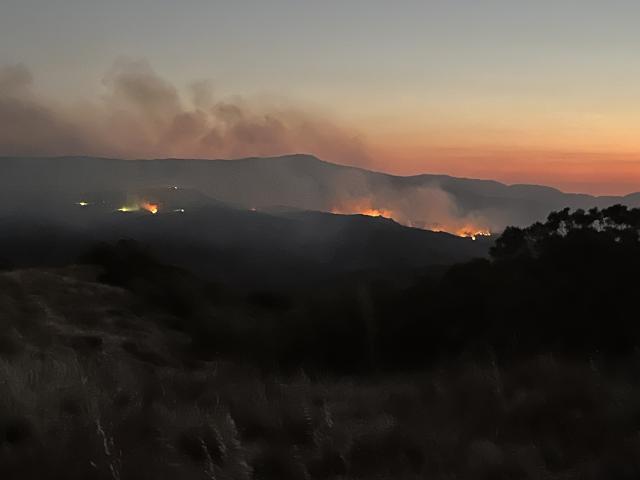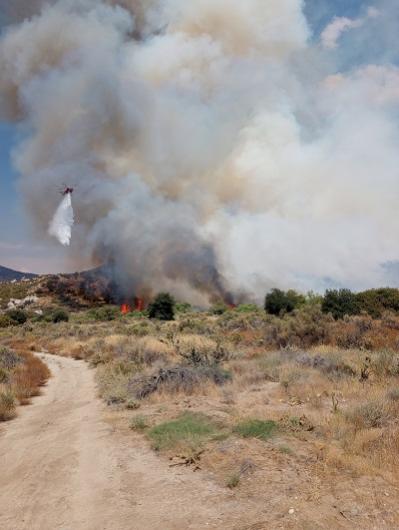Related Stories
- BLM recreation sites available to all: Exploring accessibility on California’s public lands
- Long-term partnership between BLM Fire and United States Air Force builds national firefighting capacity and accomplishes critical fuels work
- BLM California partners to secure America’s border
- Enhancing Wildland Fire Response: Modernizations to Wildland Fire IT
- Recreate Responsibly with Fire
Office
1201 Bird Center Drive
Palm Springs, CA 92262
United States
Phone:
Email:


